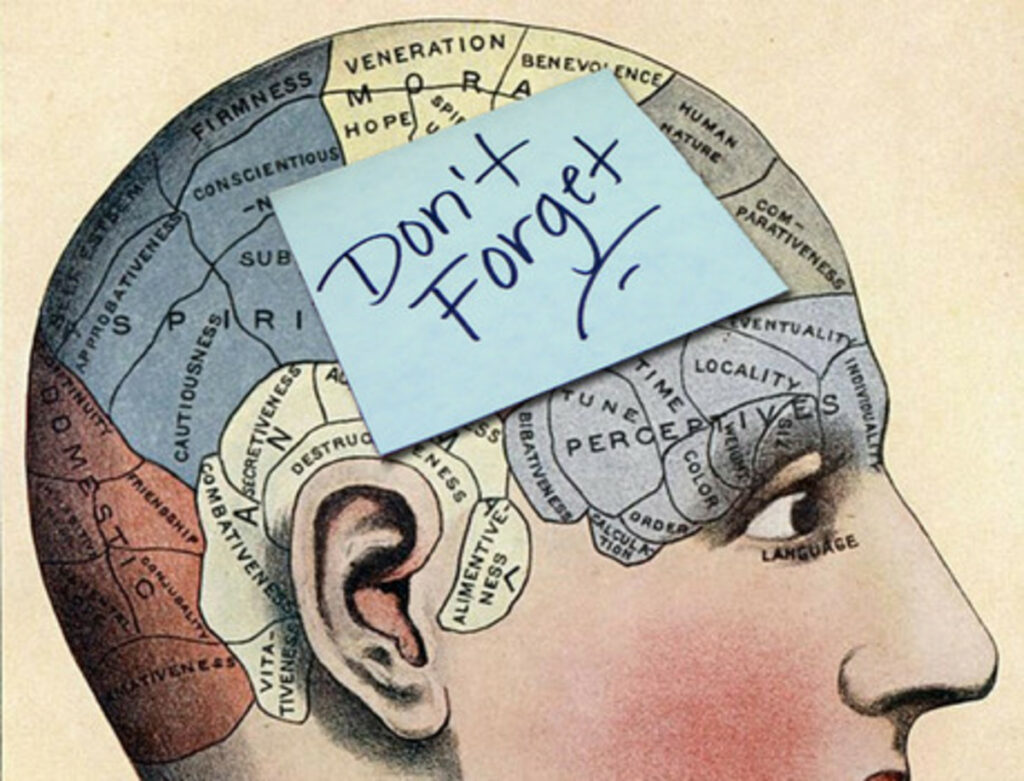Numerous scientific methods exist to enhance your memory and recall abilities. Techniques such as interleaving, which involves studying different subjects or skills one after the other, simple steps to strengthen and re-strengthen memories, exercising before learning new information, and even sleeping can significantly improve your long-term memory retention.
Yet, despite your best efforts, it’s unrealistic to expect to remember everything. This limitation is beneficial, as recent research published in Cell Reports suggests. Forgetting is not merely a memory lapse but an active component of learning and memory optimization. The study authors explain:
“While forgetting is commonly considered a deficit of memory function due to its association with pathological states, an alternative emerging perspective considers forgetting as an adaptive function of the brain that may contribute to learning and memory updating.
Recent findings suggest that forgetting is an active process that involves new plasticity that modulates the functionality of specific memory traces to promote adaptive behaviour.” Put simply, part of refreshing your memory entails your brain selectively forgetting certain information.

It might seem counterproductive to lose some of what you’ve learned in the process of acquiring new knowledge. However, the research also shows that “forgotten” memories aren’t truly lost—they’re merely suppressed into a less active state. This mechanism explains why recognition can be simpler than recall. For instance, you might struggle to remember my name during our second meeting (recall), yet recognize me instantly upon reintroduction (recognition).
Revitalizing “Forgotten” Memories
So, what’s the strategy for reawakening these dormant memories? The study mentions complex concepts—engrams, doxycycline, and the notorious hippocampus dentate gyrus—but the essence lies in briefly revisiting previously learned material.
Imagine you dedicated yesterday to mastering the beginning of a sales pitch. Before tackling the next segment today, take a moment to review yesterday’s material. According to a 2016 Psychological Science study, individuals who reviewed material before sleeping, and then briefly revisited it the next morning, not only reduced their study time but also boosted their long-term memory retention by 50 per cent. Sleeping after studying aids in consolidating the information, making it more readily retrievable.
Further support comes from an earlier Psychological Science study, which demonstrated the superior effectiveness of “distributed practice” in learning. Every attempt to recall information enhances the success of that recall—known as the study-phase retrieval theory—making the memory easier to access in the future.
In essence, to continue learning and adapting, your brain occasionally needs to relegate certain memories to a background state. Learning is not a one-time event. Something learned today may not be remembered indefinitely. Regular review and reactivation of older memories are necessary.
This approach may seem cumbersome, but it’s preferable to the alternative—letting too much time pass and having to relearn everything from the beginning.








